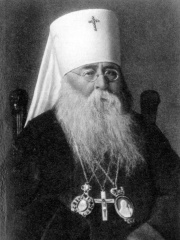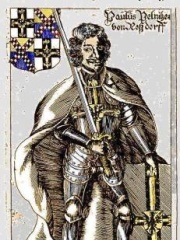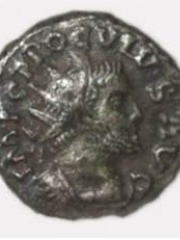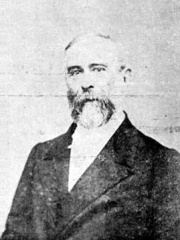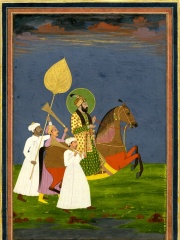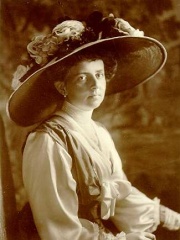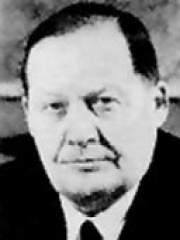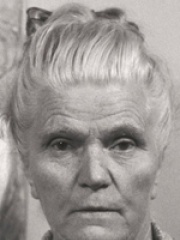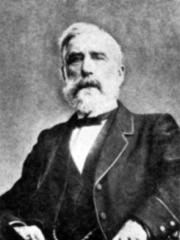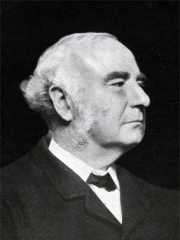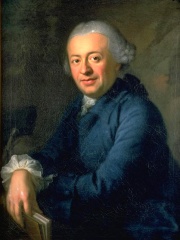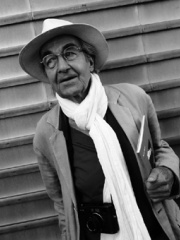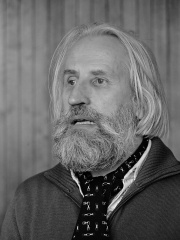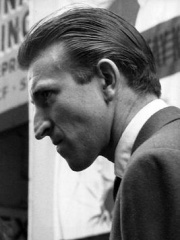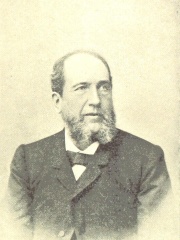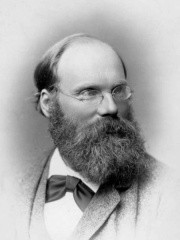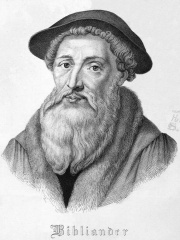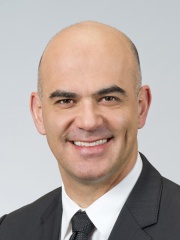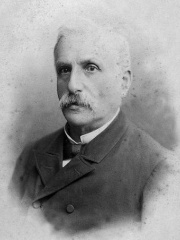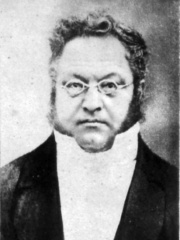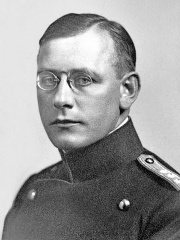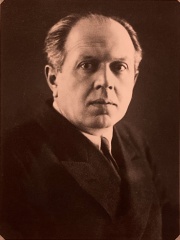Politician
Orgetorix
EN.WIKIPEDIA PAGE VIEWS (PV)

 Orgetorix
Orgetorix
His biography is available in 20 different languages on Wikipedia (up from 19 in 2024). Orgetorix is the 12,010th most popular politician (down from 10,913th in 2024), the 355th most popular biography from Switzerland (down from 313th in 2019) and the 57th most popular Swiss Politician.
Memorability Metrics
Page views of Orgetorix by language
Among Politicians
Among politicians, Orgetorix ranks 12,010 out of 19,576. Before him are Nicanor Duarte, Patriarch Sergius of Moscow, Ninurta-nadin-shumi, Paul von Rusdorf, Proculus, and Atanasio Aguirre. After him are Farrukhsiyar, King Jing of Zhou, Duchess Sophia Charlotte of Oldenburg, Köprülüzade Numan Pasha, Martine Aubry, and Mauno Pekkala.
Most Popular Politicians in Wikipedia
Go to all RankingsNicanor Duarte
1956 - Present
HPI: 59.31
Rank: 12,010
Patriarch Sergius of Moscow
1867 - 1944
HPI: 59.30
Rank: 12,011
Ninurta-nadin-shumi
1200 BC - 1200 BC
HPI: 59.30
Rank: 12,012
Paul von Rusdorf
1385 - 1441
HPI: 59.30
Rank: 12,013
Proculus
300 - 281
HPI: 59.30
Rank: 12,014
Atanasio Aguirre
1801 - 1875
HPI: 59.30
Rank: 12,015
Orgetorix
HPI: 59.30
Rank: 12,016
Farrukhsiyar
1685 - 1719
HPI: 59.30
Rank: 12,017
King Jing of Zhou
HPI: 59.30
Rank: 12,018
Duchess Sophia Charlotte of Oldenburg
1879 - 1964
HPI: 59.29
Rank: 12,019
Köprülüzade Numan Pasha
1670 - 1719
HPI: 59.29
Rank: 12,020
Martine Aubry
1950 - Present
HPI: 59.29
Rank: 12,021
Mauno Pekkala
1890 - 1952
HPI: 59.29
Rank: 12,022
In Switzerland
Among people born in Switzerland, Orgetorix ranks 355 out of NaN. Before him are Aloïse Corbaz (1886), Henri Louis Frédéric de Saussure (1829), Alfred Newton (1829), Salomon Gessner (1730), Jakob Dubs (1822), and René Burri (1933). After him are Klaus Huber (1924), Henri Colpi (1921), Jacques-Louis Soret (1827), Albert Heim (1849), Philippe Jaccottet (1925), and Theodore Bibliander (1500).
Others born in Switzerland
Go to all RankingsAloïse Corbaz
PAINTER
1886 - 1964
HPI: 59.47
Rank: 349
Henri Louis Frédéric de Saussure
BIOLOGIST
1829 - 1905
HPI: 59.47
Rank: 350
Alfred Newton
BIOLOGIST
1829 - 1907
HPI: 59.44
Rank: 351
Salomon Gessner
PAINTER
1730 - 1788
HPI: 59.44
Rank: 352
Jakob Dubs
POLITICIAN
1822 - 1879
HPI: 59.38
Rank: 353
René Burri
PHOTOGRAPHER
1933 - 2014
HPI: 59.37
Rank: 354
Orgetorix
POLITICIAN
HPI: 59.30
Rank: 355
Klaus Huber
COMPOSER
1924 - 2017
HPI: 59.30
Rank: 356
Henri Colpi
FILM DIRECTOR
1921 - 2006
HPI: 59.29
Rank: 357
Jacques-Louis Soret
CHEMIST
1827 - 1890
HPI: 59.29
Rank: 358
Albert Heim
GEOLOGIST
1849 - 1937
HPI: 59.27
Rank: 359
Philippe Jaccottet
WRITER
1925 - 2021
HPI: 59.27
Rank: 360
Theodore Bibliander
WRITER
1500 - 1564
HPI: 59.26
Rank: 361
Among Politicians In Switzerland
Among politicians born in Switzerland, Orgetorix ranks 57. Before him are Alain Berset (1972), Simeon Bavier (1825), Maximilian Ulysses Browne (1705), Samuel Schmid (1947), Henri Druey (1799), and Jakob Dubs (1822). After him are Emanuele Filiberto of Savoy, Prince of Venice (1972), Paul Grüninger (1891), Walter Hauser (1837), Fritz Platten (1883), Alois Estermann (1954), and Adolf Ogi (1942).
Alain Berset
1972 - Present
HPI: 60.05
Rank: 51
Simeon Bavier
1825 - 1896
HPI: 59.89
Rank: 52
Maximilian Ulysses Browne
1705 - 1757
HPI: 59.70
Rank: 53
Samuel Schmid
1947 - Present
HPI: 59.62
Rank: 54
Henri Druey
1799 - 1855
HPI: 59.58
Rank: 55
Jakob Dubs
1822 - 1879
HPI: 59.38
Rank: 56
Orgetorix
HPI: 59.30
Rank: 57
Emanuele Filiberto of Savoy, Prince of Venice
1972 - Present
HPI: 59.21
Rank: 58
Paul Grüninger
1891 - 1972
HPI: 59.16
Rank: 59
Walter Hauser
1837 - 1902
HPI: 59.12
Rank: 60
Fritz Platten
1883 - 1942
HPI: 59.00
Rank: 61
Alois Estermann
1954 - 1998
HPI: 58.81
Rank: 62
Adolf Ogi
1942 - Present
HPI: 58.77
Rank: 63

